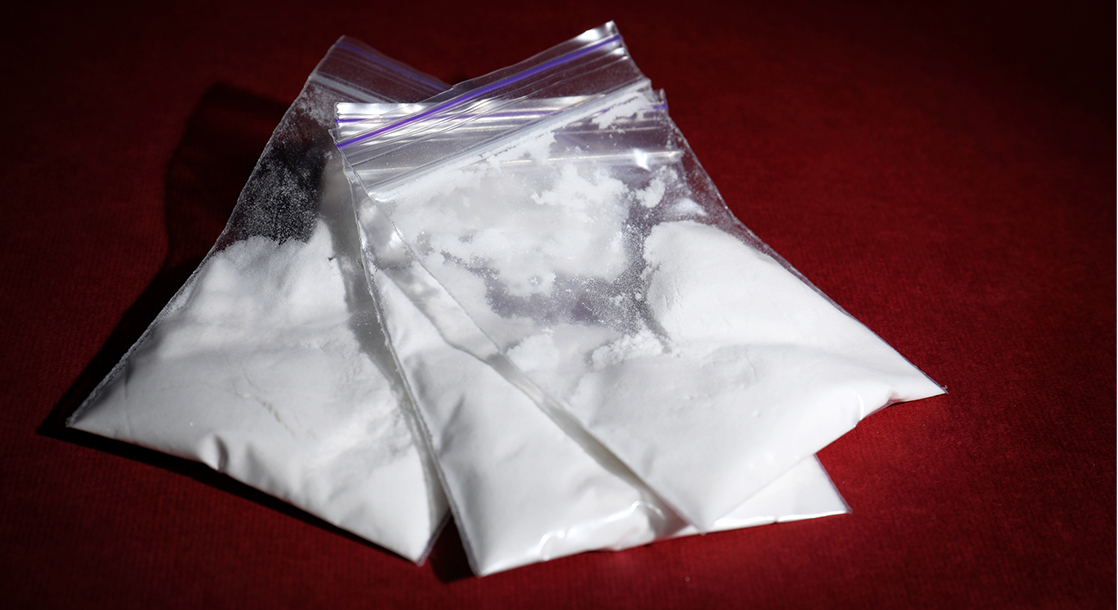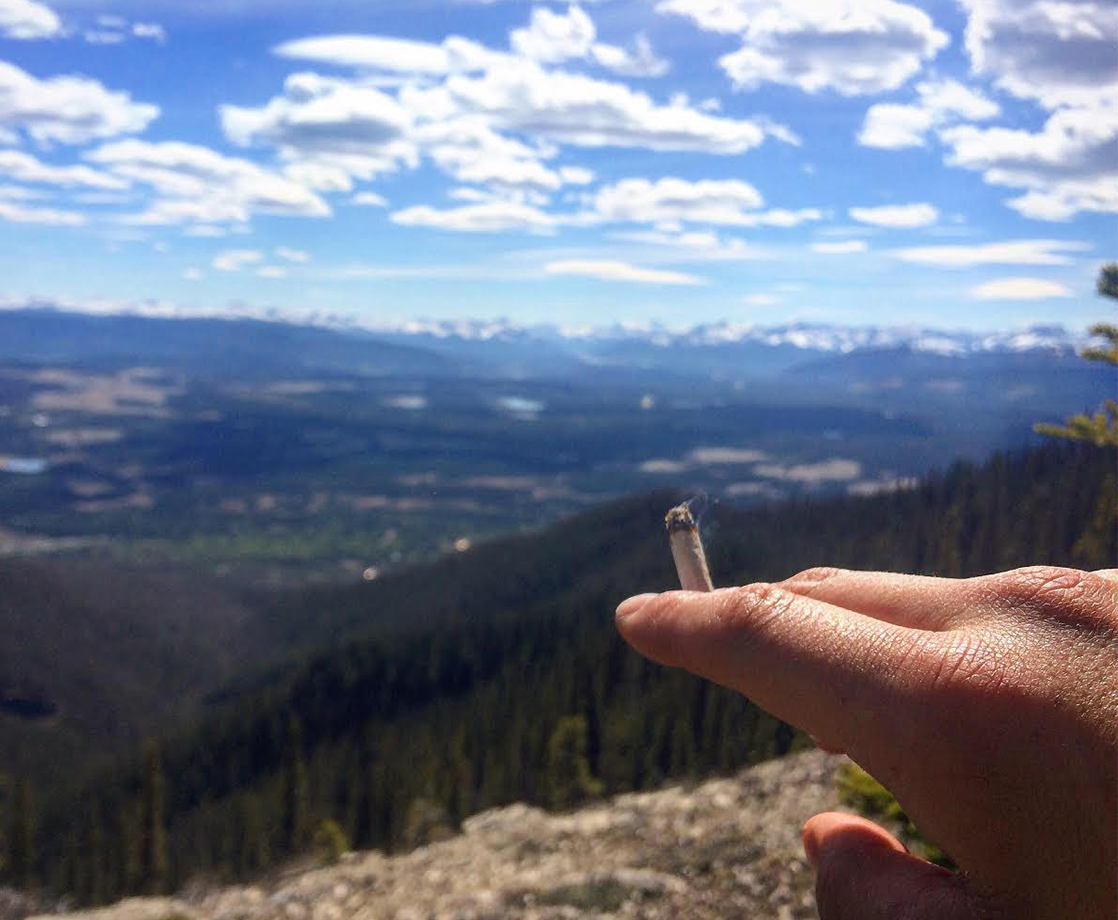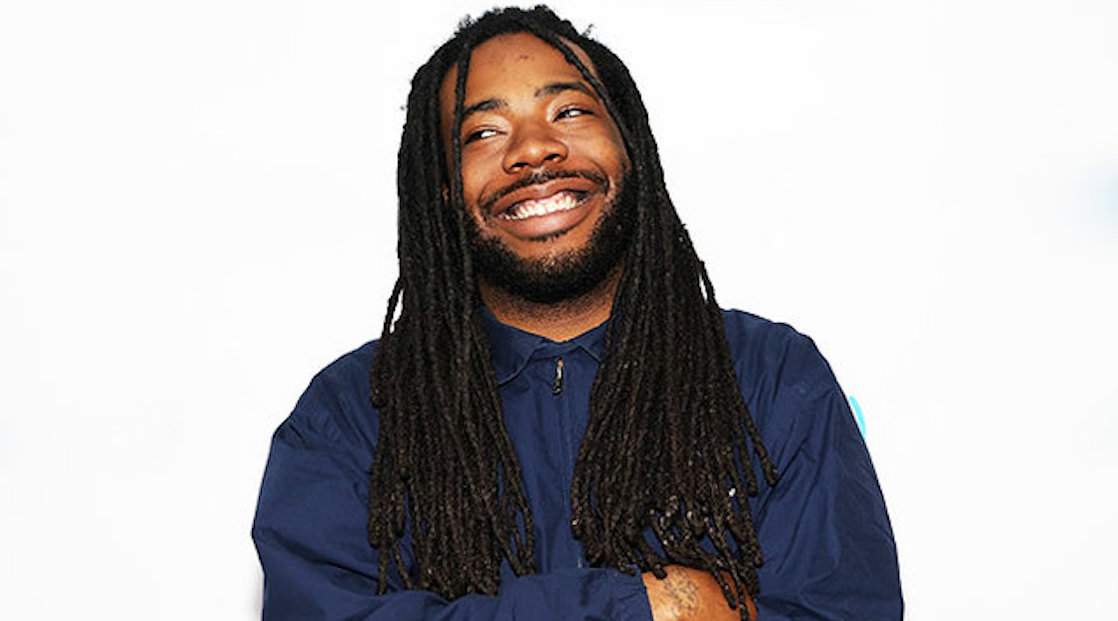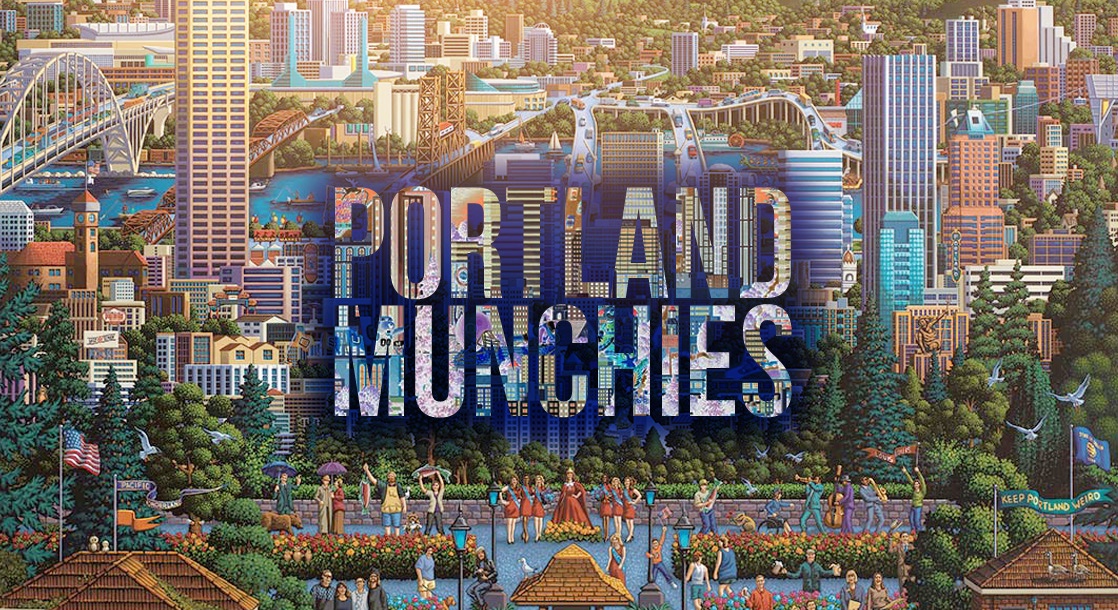Drug peddlers are now offering “ethically-sourced woke coke” branded for today’s socially conscious cocaine users.
According to investigative journalist Anthony Loewenstein, cocaine dealers on the Dark Web claim their woke coke comes from conflict-free networks. Powder pushers even get positive Yelp-styled ratings for their hipster-branded blow. Due to cocaine’s globally-outlawed status, cartels often engage in terroristic or violent practices to cultivate, process, and distribute the popular stimulant. But as noted by The Daily Mail, it’s practically impossible to prove that any cocaine is ethically sourced.
“Dealers are promoting and selling ethically sourced cocaine,” Loewenstein wrote in his new book, Pills, Powder, and Smoke. “It means everybody in the supply chain, from farmers in Colombia to drug mules in Europe, are treated fairly, given a decent wage, and not prosecuted for their activities.”
What’s the appeal of woke coke? Cocaine-user demographics have shifted in recent years. In the past, the typical coke consumers were younger partiers or corporate busy-bodies, who snorted yayo to keep their energy levels high throughout the day and long into the night (and throughout the next morning). However, as of late, more middle-aged and middle-class people have started dipping into the nose candy, too.
And these new hip-and-happenin’ customers want their coke just as woke as they are, in exactly the same way they like their Starbucks coffee, chic designer clothing, and single-use biodegradable plastics.
Additionally, while cocaine use has spiked in the US in recent years, Europeans are the illicit coke market’s biggest customers. But in the UK, adults 40-years-old and older now make up cocaine’s fastest-growing consumer group.
According to the UK National Health Service’s data, the number of Britons aged 40 years or older who admitted to using cocaine quadrupled from 2010 to 2019. For Britons 50 years of age or older, that number grew by nearly 10-fold in the same time period. And last year, UK hospitals documented 41 cases of patients aged 60 years or older getting treated for cocaine overdoses.
There were also six cases of cocaine overdoses for patients aged 90 years or older, The Daily Mail reported.
And these numbers are nothing to sniff at, either. From 2017 to 2018, all drug-related deaths in the UK rose by 16 percent, according to the NHS. However, the number of cocaine-related deaths there doubled between 2015 to 2018.
“It’s shocking, but sadly not surprising, that you are now twice as likely to die a drugs-related death than from a road accident,” said Chief Constable Andy Cooke, who leads the National Police Chiefs’ Council on crime operations.
“There is nothing ethical about the production of cocaine,” Cooke told a national police chiefs summit last week. “Both nationally and internationally, people die as a result of it. We see people shot and stabbed all the time. We see turf wars in relation to drugs.”
Besides the UK’s gang violence, South and Central American cartel violence also goes hand-in-hand with cocaine production and distribution, too. According to a 2018 report, 33 percent, or one-third, of the world’s homicides take place in Latin America, even though only 8 percent of the world’s population lives in the region. Since 2000, at least 2.5 million murders have occurred in Latin America, most due to the region’s ongoing drug war and illicit drug trade.
“People think that they have to go and buy vegan food or organic food, but they are quite happy to go and buy some cocaine on the streets,” Cooke continued. “It is just hypocritical, and it is targeted at the middle-class drug user who should know better.”
The chief constable went on to state that the UK’s worst drug violence comes from the illicit cannabis trade, not cocaine. And seeing as the UK criminalizes both weed and coke, maybe it’s time for Britons — and everyone else, really — to start considering decriminalizing drugs and end gang violence across the board.











